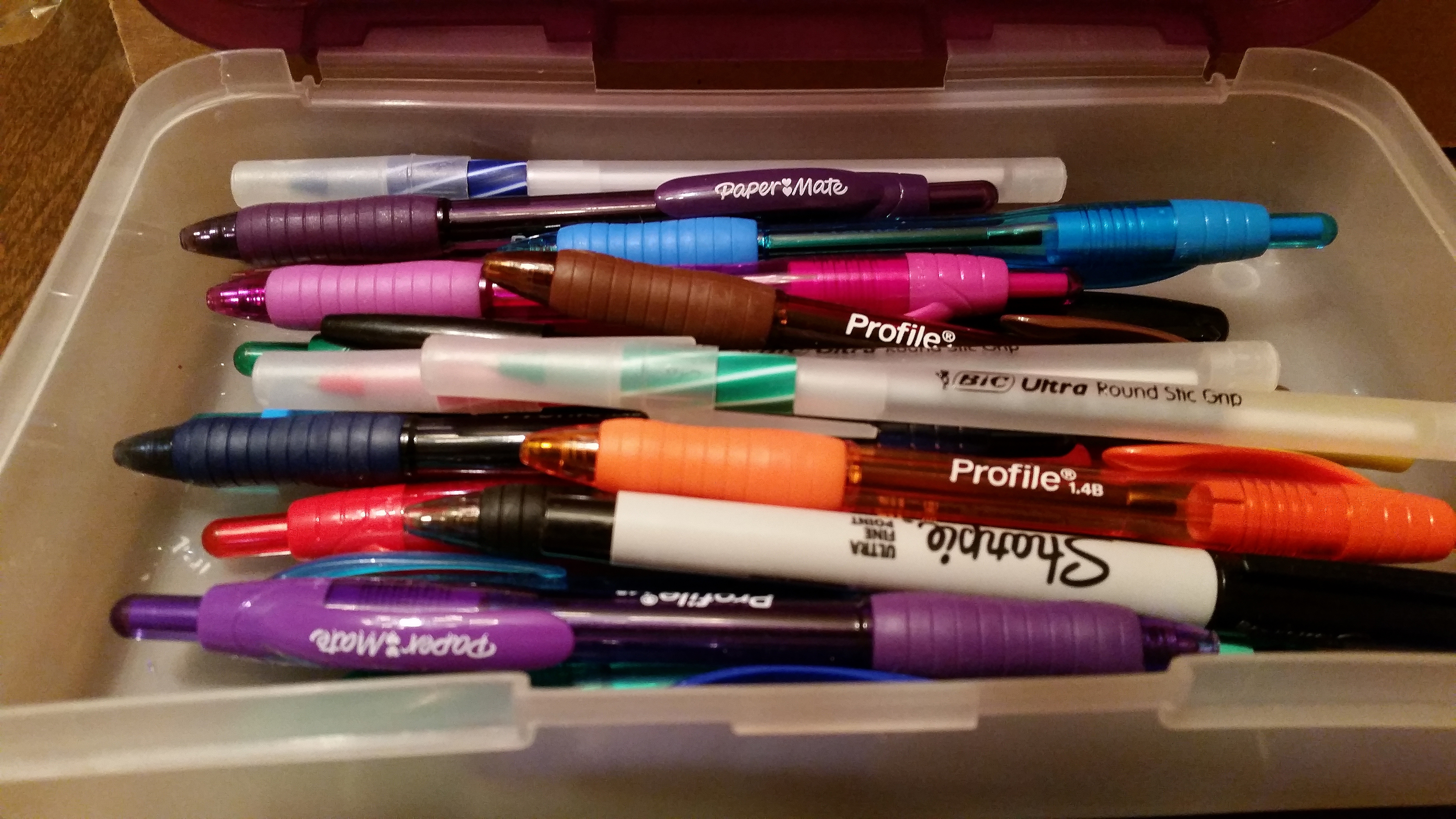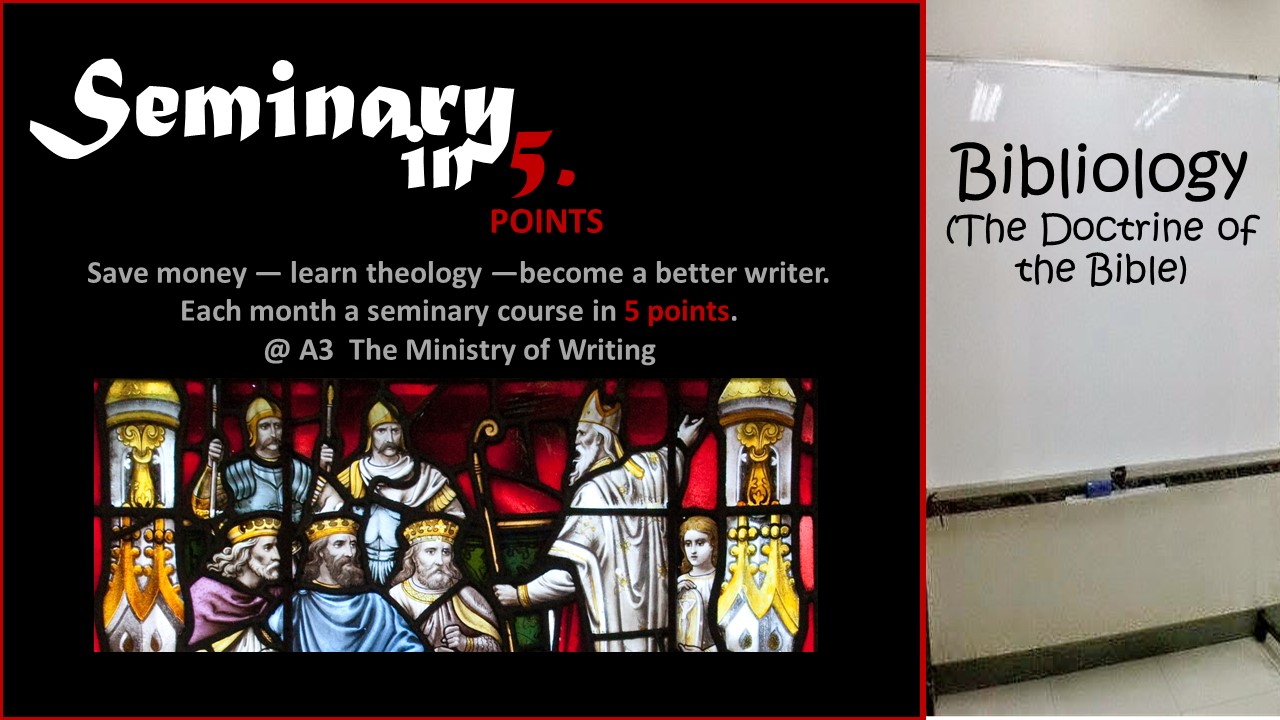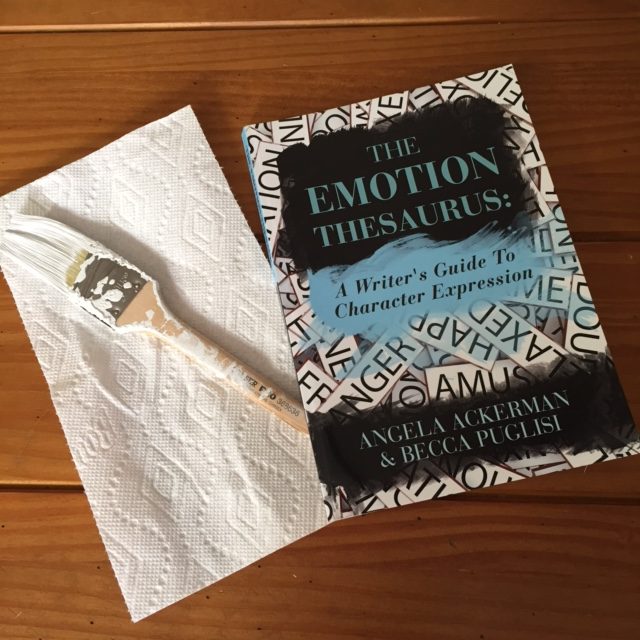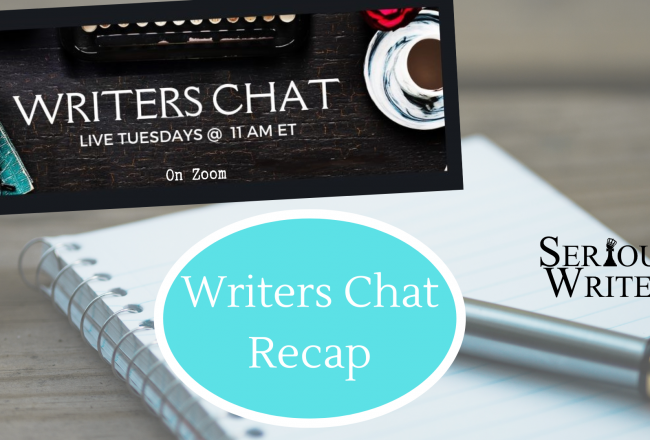
THE EMOTIONAL GLUE THAT BINDS US TO STORY
Almost an Author welcomes Tim Long to the A3 family. He is the new columnist for Screenwriting. There is…
November 2, 2016
Almost an Author welcomes Tim Long to the A3 family. He is the new columnist for Screenwriting. There is…
November 2, 2016
Can you share a little about your recent book Young lawyer Parker House’s career is on the rise –…
November 2, 2016In The Witnesses, Robert Whitlow masterfully weaves an intriguing and suspenseful tale of two men bound both by blood…
November 1, 2016
Twice in the last year, my husband and I have made the trip from Denver to Grand Junction, Colorado.…
October 28, 2016
Getting published traditionally is difficult. Small publishers are more likely to accept a manuscript from a previously unpublished author,…
October 28, 2016
I still remember the day my fiction-writing teacher made it clear that he was not happy with me. However,…
October 28, 2016
Tackling a writing project can be a battle—a hard-fought conflict with procrastination, fear, insecurity, and self-discipline. We’ve all authored…
October 23, 2016
I watched a movie set in the 1800s recently where a child said, “Cool!” He didn’t refer to the…
October 21, 2016
The E’s of writing for children does not equate with ease of writing for children, but includes elements to…
October 20, 2016
I struggle when it comes to writing descriptions of character emotions. I know better than to simply tell the…
October 19, 2016
Earlier this week I wrote a post for my own blog and was reminded about two things: the difference…
October 18, 2016
Most Recent Book: My most recent book is A Mary Like Me: Flawed yet Called (Leafwood, 2016). It’s a…
October 15, 2016“Your playing small does not serve the world.” ~Marianne Williamson As a newly published author, I know how…
October 13, 2016
The bulk of my magazine writing is done on assignment. How do you get an assignment? Which magazines…
October 12, 2016
Study to show thyself approved unto God, a workman that needeth not to be ashamed, rightly dividing the word…
October 11, 2016
The murmur of countless alien tongues subsided as the chairman of the interstellar council called for order. The delegates…
October 11, 2016
Save money. Learn theology. Become a better writer. Minister more effective. That’s my hope for you. In this second…
October 10, 2016
Have you ever tried to tell your friends about an experience you had, but they didn’t give you the…
October 9, 2016
Elaine Marie Cooper We’ve been doing quite a bit of painting at our house lately. A lot of painting.…
October 7, 2016
What do “The Lord of the Rings,” “The Chronicles of Narnia,” and “The Land of Oz” all have…
October 6, 2016
“Hello, this is Carlton your Doorman.” The often-heard but never seen character was a staple of my childhood in…
October 5, 2016
{If you missed last month’s first installment on 5 Places to Stir Your Creative Senses, you may want to…
October 3, 2016
Congratulations to A3 contributor Elaine Marie Cooper for the release of her new book Saratoga Letters. Elaine pens the…
October 3, 2016
WELCOME Liz, Can you share a little about your recent book? With joy! I asked more than a…
October 1, 2016Ah, comparisons. I hate them. And yet I fall prey to making them constantly in regards to my writing…
September 30, 2016





